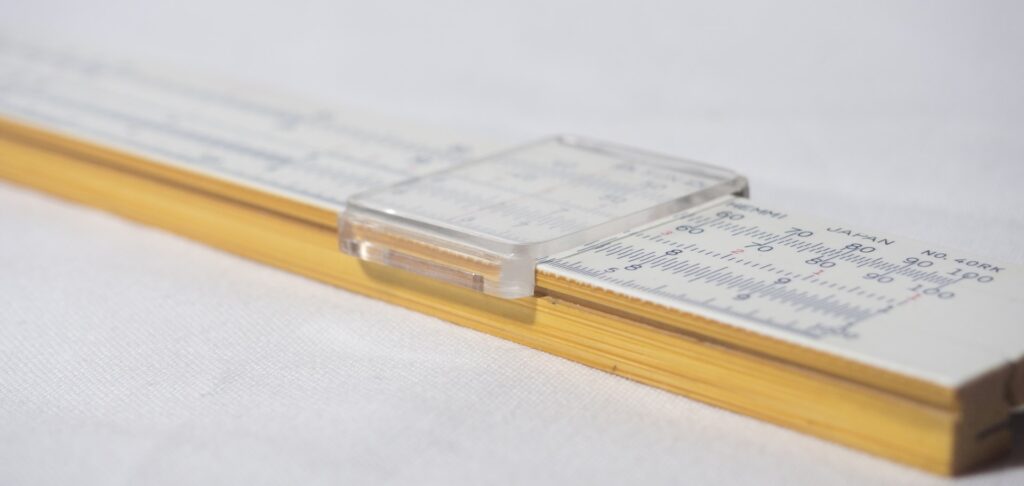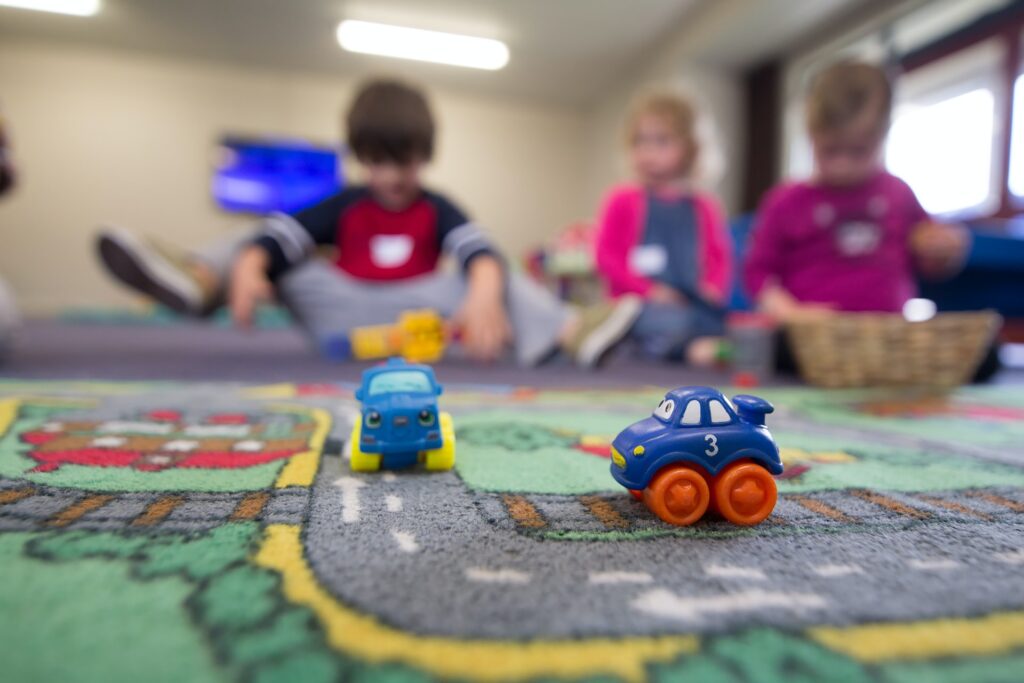Starting off school is the biggest step for a child, and best believe they know it. It does not take much for them to recognize this as something big and important by simply observing their parents. They know and feel something is up and that there is something big approaching. It falls upon the parents to prepare their child for kindergarten and school the best they can and explain to them it is nothing to fear.
School years are some of the best in our lives, and despite few children realizing it at the time, they do end up enjoying most of the time with their friends. Learning new things is fun and exciting, it is the dreadful things we do not understand and have troubles preparing for when the tests arrive that really sway kids away from further academic work.
For example, and for the purposes of our article here, let us discuss math. Mathematics is a science as old as modern civilization itself. There would not be a world as we know it without its influence and without the experts who figured it all out. Why it is then that so many children despise it from an early age? Well, it has to do with the complicated rules, problems, and formulas to solve. Then there is the ever-lasting question of whether everyone needs so much of the advanced mathematics in their lives.
For small children just starting their kindergarten rules, however, a new thing is a new thing and they cannot yet process and judge what is important, what is a game, and what they may need some time down the line. This is why we should use this to our advantage and try our best to get them used to mathematics early on. And what better way to do so that with fun worksheets they will love to do in class. In this article, we explore the potential of math worksheets for kindergarten students and determine the best ways they can use them to develop positive attitudes towards this great science. To learn more about the positive sides of worksheets, make sure to check out nofusstutors.com.
Table of Contents
1. Efficient Problem Solving From a Young Age

Kindergarten children are too young to be taught in the delicate ways of solving complicated problems in any case, let alone something as intricate and diverse as math. This is why worksheets designed to complement their young age and limited attention span will help and benefit them greatly and prepare them for much more difficult things to come in primary school, middle school, and high school. If they get hooked to performing these seemingly insignificant acts while still at four or five years of age, they will be better prepared and well-equipped for their later subjects and never develop an aversion just because they have to do something a bit on the harder side. Best of all, they will welcome challenges in the future with open arms and always opt to overcome an obstacle instead of running away.
2. Having Fun While Learning

Modern school systems still treat schools and education as something that should dominate the child’s life. Teachers have little respect for their other interests and extracurricular activities like sports, languages, and arts. Hobbies are also important for people and everyone should have enough time to do things they enjoy and like. On top of this, learning new things should be fun and not cause the learners suffering and anger. Math is hard in its core and not everyone is equally equipped to handle it. This is why fun worksheets with innovative and attention-grabbing activities are best for kindergarteners. They will be drawn to the task at hand more if there is something else to do other than the lesson material itself. Drawing, coloring, writing, and teamwork can all be utilized with worksheets and the children will not even know how much they have actually learned until they are older.
3. Developing Other Skills and Learning Other Things

Worksheets usually tend to work best when they combine multiple different aspects of learning. The best ones are those that have multiple features. For example, you can educate a child in history, geography, or biology by incorporating things from these branches of science in the worksheets. Simply ask them to add up the number of flags, historical figures, or animals, and they will be learning multiple things at once. Their general knowledge will improve alongside their basic math skills, and you can build up from there no matter if you are the teacher or a parent. As mentioned earlier, coloring and drawing are two of the most favorite activities of small children, so worksheets that have such activities are always welcome. Even finished pictures and shapes are enough for them to follow a story, learn new words, and become familiar with new concepts.
4. Great Way to Prepare for Tests and Written Tasks
Most students dread the moment their teacher pulls out a bunch of papers and starts handing them out in the classroom. They usually think it is a new test that will ruin their average grade or even make them fall the class. This is because modern school systems focus too much on testing and grading instead of making sure the children actually learn and become educated on the subject matter. If kindergarten kids start using fun math worksheets in their everyday education, they will not really develop a bad connection to paper assignments and tests since their memories about them will be filled with joy.
Each new worksheet will make them remember the good times they had with the last, which will gradually advance and expand over time and into the more serious education years. Then, then the time for true tests comes, as older children, they will welcome it with less or no panic at all. It will be just another piece of paper to have fun with and solve. Nothing less, nothing more. A good grade at the end will come as a bonus!
 World Magazine 2024
World Magazine 2024






